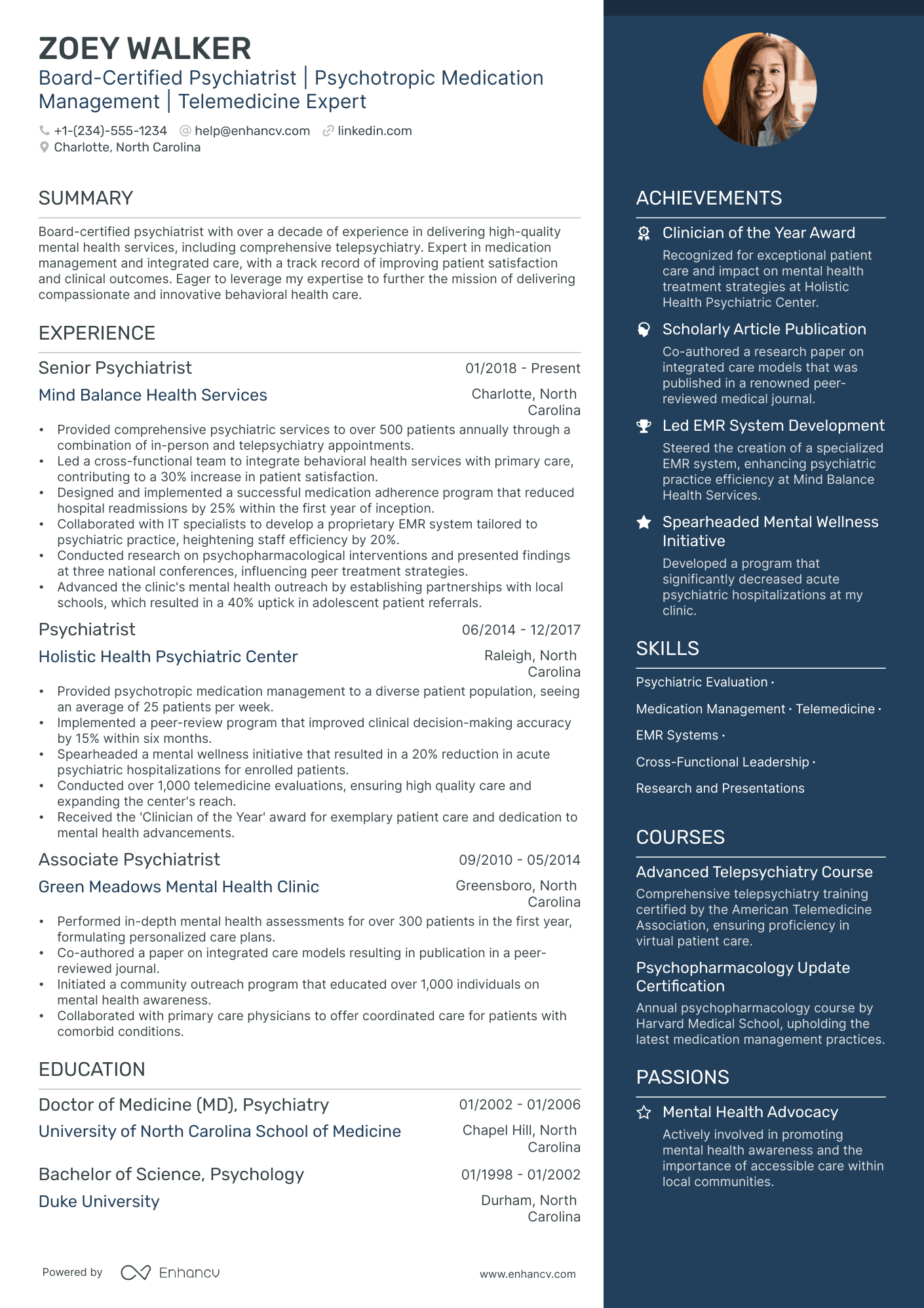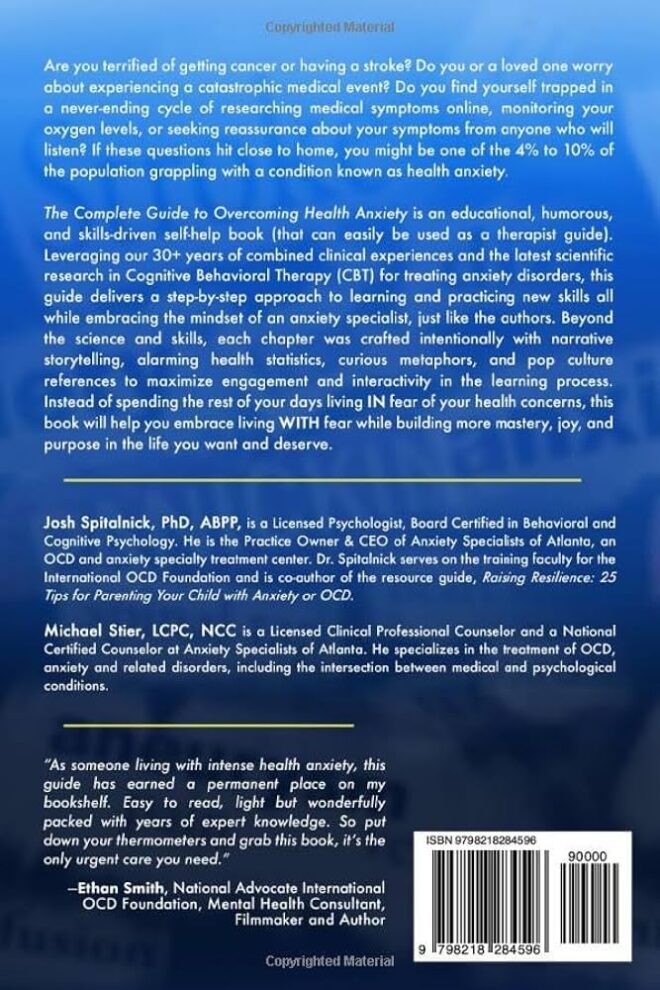What is a Qualified Mental Health Professional: Expert Guide
A Qualified Mental Health Professional (QMHP) is a licensed individual proficient in diagnosing and treating mental health issues. Such professionals include psychiatrists, psychologists, licensed clinical social workers, and more.
Navigating the complex world of mental health care requires the expertise of a Qualified Mental Health Professional. These individuals possess the necessary education, clinical training, and licensure to provide therapeutic support and services. With a sharp increase in mental health awareness, the demand for QMHPs has surged, making their role crucial in guiding individuals towards mental well-being.
Their qualifications typically involve a master’s degree or higher in a mental health field, ensuring they can conduct assessments and devise treatment plans effectively. Mental health care is a sensitive and critical sector of healthcare, and QMHPs stand at the forefront, equipped to support, diagnose, and treat those in need of psychological assistance.
Introduction To Qualified Mental Health Professionals
A Qualified Mental Health Professional (QMHP) is crucial in healthcare. This person has special training to help those with mental health needs. They must meet specific education and experience requirements. A QMHP can assess, plan, and provide care. They work in various settings, like hospitals, clinics, or private practices.
Their role is to offer support and therapy to individuals and groups. A QMHP’s help is vital for people to feel better and live happier lives. They work with other doctors to give the best care. This helps ensure patients receive holistic treatment. Understanding the role of a QMHP shows the value they add to health systems. Their expertise and commitment can positively change many lives.

Credit: enhancv.com
Criteria For Qualification
A Qualified Mental Health Professional (QMHP) is someone with specific educational credentials. To meet this title, one must typically hold a master’s degree or higher in psychology, social work, counseling, or a similar mental health field. These programs cover areas like human growth and development, diagnosis and treatment of mental disorders, and ethical practice standards.
Certifications and licenses are also key.
Licensing requires passing a state-recognized exam and completing supervised clinical hours. The type of license depends on one’s field of study, such as LCSW (Licensed Clinical Social Worker) or LPC (Licensed Professional Counselor).
Certification also matters. For example, the National Certified Counselor (NCC) credential showcases advanced skills and knowledge. Such steps ensure these professionals can provide quality mental health care.
Skills And Competencies
A Qualified Mental Health Professional (QMHP) possesses a specific set of skills. These are crucial for helping individuals with mental health challenges. Among these skills, core therapeutic skills stand out.
One must show empathy and be able to build trust. Knowledge of various counseling techniques is also essential. They must effectively manage client relationships and set boundaries. A QMHP should possess the ability to create a safe and supportive space for clients.
Their interpersonal and communication skills are vital. These professionals should be great listeners as well as speak clearly. They must be able to convey complex ideas in simple terms. Active listening is a part of this skill set. So is the ability to offer feedback and guidance without judging.
Types Of Mental Health Professionals
Understanding the difference between psychologists and psychiatrists is key. A psychologist typically holds a doctoral degree in clinical psychology. They treat mental health issues through counseling and psychotherapy. Psychiatrists, on the other hand, are medical doctors (MDs). They can prescribe medications and also offer therapy.
Aside from these, counselors, therapists, and social workers play vital roles. Each has unique training and focuses on varied aspects of mental health. Counselors often work with clients on specific problems or life changes. Therapists may have different educational backgrounds. They provide a space to explore feelings and thoughts deeply. Social workers focus on helping clients deal with relationships. They look at clients’ environments to improve their mental health.
Scope Of Practice
A Qualified Mental Health Professional (QMHP) holds a vital role in mental health care. They can find and name mental health problems. This is known as assessment and diagnosis. Using special tests and talks, they figure out what the problem may be.
Their work involves creating a plan to help the person. This plan is called treatment planning. It sets goals and steps to improve health. A QMHP also gives patient care. They offer support, teaching, and help change behavior. These professionals work with doctors, nurses, and family members.
Working Environments
Qualified Mental Health Professionals (QMHPs) work in varied settings. They help people with mental health issues. In clinical settings, they provide therapy and counseling. They may work in hospitals or mental health clinics.
These professionals also serve in community and outreach programs. Here, they support mental wellness in schools and workplaces. They aim to reach people outside traditional offices.
- Hospitals: Critical care for mental health crises.
- Private Practices: Personal counseling services.
- Schools: Support for children and teens.
- Nonprofits: Programs for diverse communities.
Challenges Faced By Mental Health Professionals
Qualified Mental Health Professionals (QMHPs) often navigate difficult situations. They tackle complex cases that can be unique and multifaceted. Each case demands careful evaluation, tailored approaches, and fluid strategies to effectively support patients.
Maintaining professional well-being is another critical challenge. Regular exposure to stressful situations can lead to burnout. QMHPs must balance empathy for their patients with self-care. Practices like mindfulness and regular supervision are essential.

Credit: www.amazon.com
Advancements In Mental Health Care
Mental health care has seen significant advancements recently. Innovations in treatment offer new hope to those in need. Telehealth has become a game-changer. Patients can now receive help from their homes.
Technology plays a key role by offering apps for mental wellness. These apps provide therapy and mood tracking. Virtual reality therapies immerse patients in safe environments. This helps them to confront and work through fears.
Telehealth brings specialists to remote areas. It makes care easy to get for many people. It also keeps costs lower than traditional therapy. Thus, technology makes getting help simpler and often more effective.
Pathways To Becoming A Qualified Mental Health Professional
Becoming a Qualified Mental Health Professional (QMHP) requires specific educational achievements. Pursuits often begin with a bachelor’s degree in psychology, social work, or a related field. Advanced positions need a master’s degree or a doctorate in mental health disciplines. Gaining a license is also a must, which means passing a state-approved examination.
Post-degree, one must undertake Continued Professional Development (CPD). CPD involves ongoing training and education to stay current with mental health practices. It ensures high-quality service to patients. Workshops, seminars, and specialized courses help in this aspect. Actively engaging in CPD equips professionals with the latest tools and knowledge in the field of mental health.

Credit: www.thrivingwellnesscenter.com
Frequently Asked Questions Of What Is A Qualified Mental Health Professional
What Defines A Mental Health Professional?
A mental health professional is an individual trained to diagnose and treat mental health issues. This includes psychiatrists, psychologists, therapists, and counselors, who provide support and therapy for emotional and mental disorders.
How Do I Get A Qmhp Certification In Texas?
To obtain a QMHP certification in Texas, you must meet the state’s specified educational and work experience requirements. Complete the necessary training, submit your application to the appropriate Texas board, and pass any required background checks. Maintain your certification through ongoing education.
What Is The Role Of The Qmhp?
A Qualified Mental Health Professional (QMHP) assesses clients’ mental health, crafts treatment plans, and provides counseling and crisis intervention. They work closely with other healthcare providers to ensure comprehensive care.
What Are The Qualifications For A Qmhp In Va?
To qualify as a Qualified Mental Health Professional (QMHP) in Virginia, an individual must have at least a bachelor’s degree in a human services field and relevant work experience in mental health services.
Conclusion
Understanding the role of a Qualified Mental Health Professional (QMHP) is crucial for effective mental health care. These specially trained individuals offer essential support to those facing mental health challenges. By ensuring patients receive the right care from certified experts, a QMHP is a vital link to wellness and recovery.
Choose the right professional; safeguard mental health.
